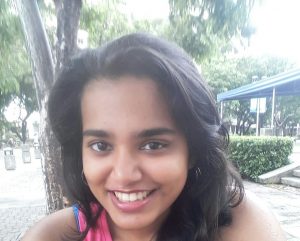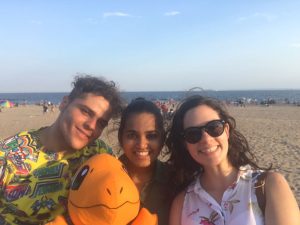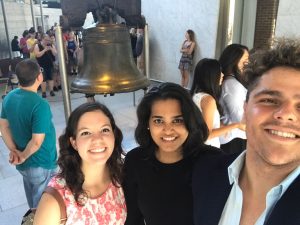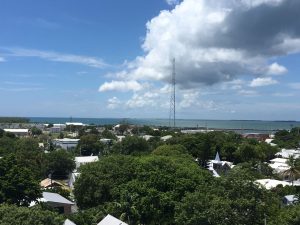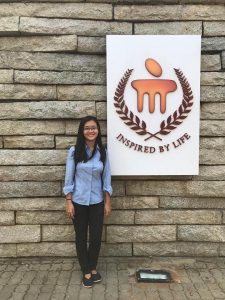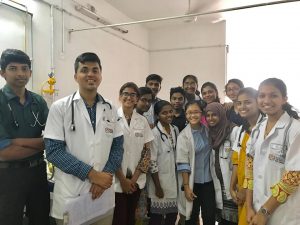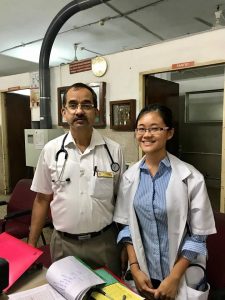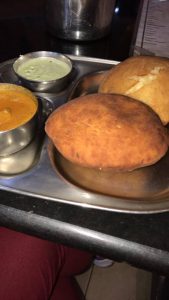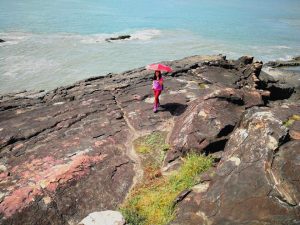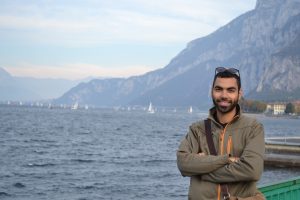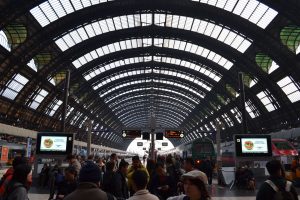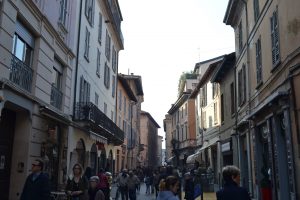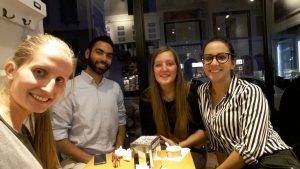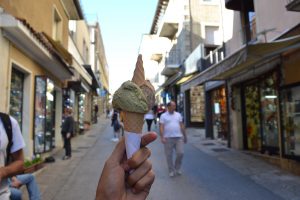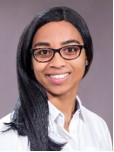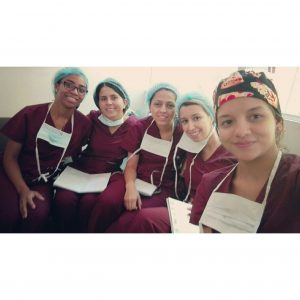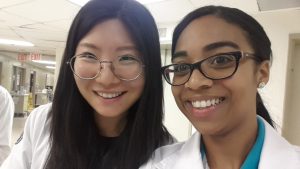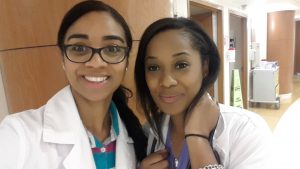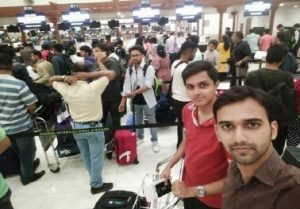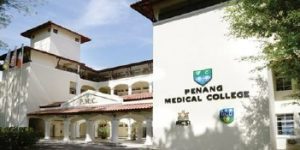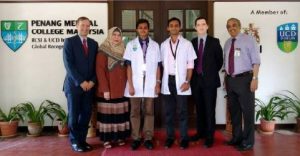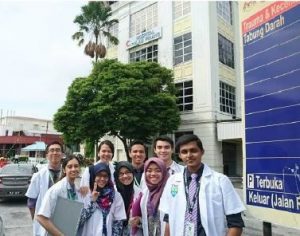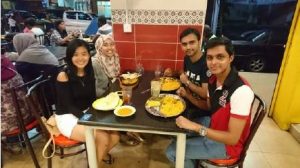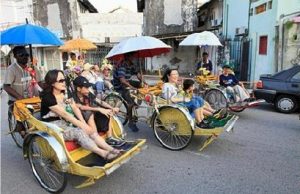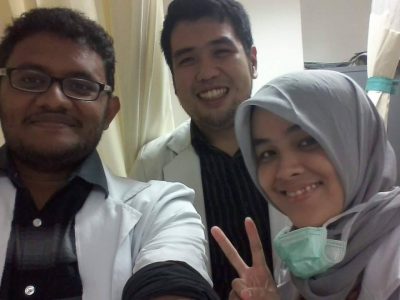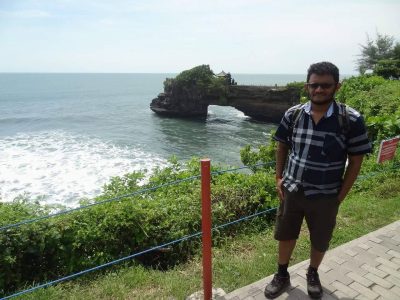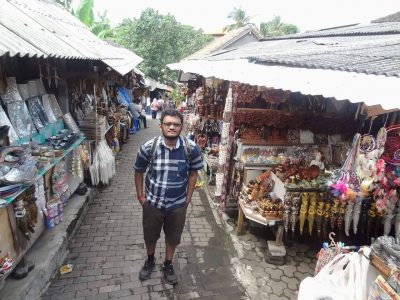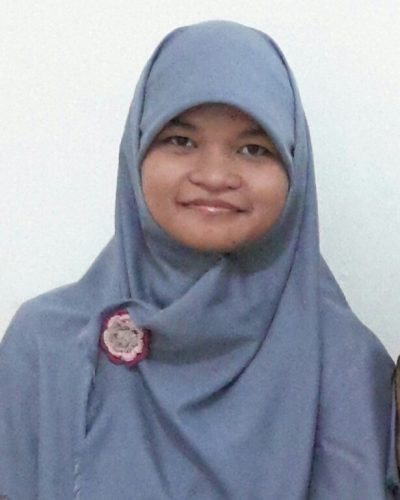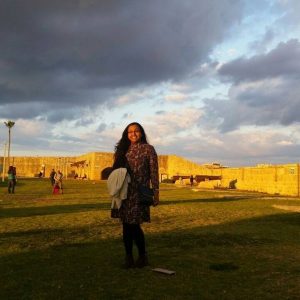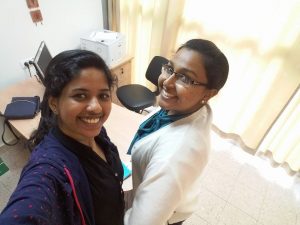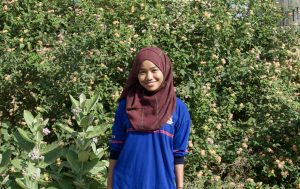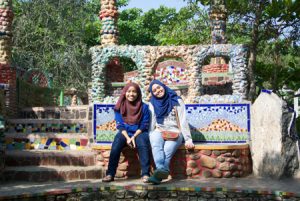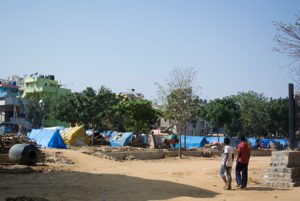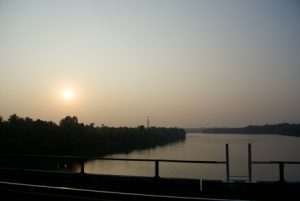Post by Abhinaya Sridhar, global exchange student from Kasturba Medical College – Mangalore (India) who completed two summer electives this past year in the United States including a GEMx Exchange at PAGNY in New York City.
Where do I begin? How do I begin describing the most interesting months of my life?
I am a medical student from India and have grown up here my entire life. Having said that, this wasn’t my first trip to the United States. I have been on multiple vacations and even traveled once when I was in high school for a Global young leader’s conference. There is only 1 word that aptly describes what I feel every time I step foot into this country – liberation. I see in front of me, not only what I already have, but, what life could be. I see endless opportunities, ambition, drive and heartfelt dreams – all becoming reality.
My first month was in THE BIG APPLE – the centre of diversity, culture and constant movement. New York made me feel at peace, at home. I did an elective with PAGNY – affiliated with Gemx. I shadowed under multiple doctors in their private practice setting and it was such an eye opening experience. All the doctors were such good physicians and even better leaders and educators. It was a holistic experience – patient care, patient interaction, interacting with the staff and the nurses- it was truly an honour. I was integrated into the entire decision making process with the patient and given the opportunity to voice my thoughts and opinions in terms of patient care. The private practice clinics were all over new York and it gave me an opportunity to truly see the city, ride the subway and well – be a New Yorker, if I may say so.
There were 3 of us in the program and I couldn’t have asked for better colleagues. It felt like we had known each other all along. Needless to say, it wasn’t all work and no play. We did visit Coney Island , walked along the boardwalk , ride the crazy rides and ate at Nathans!!! It was truly a memorable day. We even took the bus down to Philadelphia to meet with the GEMx team. We were in there for hardly a day , but we did manage to see the liberty bell!! The GEMx team was very welcoming and we had a sit in with their administration to speak about the PAGNY experience. It was an endless sea of opportunity and information for all of us.
Well, before I knew it, it was time for the next elective in – yes!! The tourist and party central of Florida – Miami!!!! If there is anything at all that I’d say to someone travelling to Miami- KNOW YOUR SPANISH. Despite this “tiny” language barrier I was facing, Miami was an adventure in itself. I did my elective rotations in cardiology and radiology with Florida International University. Radiology had always been my Achilles tendon and I wanted to try something challenging and it was so worth it. My radiology elective preceptor was an excellent teacher and I learnt more about radiology that I had tried learning in my 5 years if medical school. I even assisted in bone marrow biopsies, ascitic taps and pleural taps. Learning and being in a hospital setting was definitely a very different experience from the one in New York. The interaction was expanded and spread across so many different specialties, doctors and residents. It was definitely quite challenging- dealing with Spanish and the multitude of doctors and students. And, of course, it wasn’t long before disaster struck.
Yes, actual natural disaster in the form of IRMA. The first category 5 hurricane that Miami was seeing after ANDREW . IRMA was all that anyone could talk about. People were driving out, stocking up, hurricane proofing their houses and with everyone scrambling to find their safe haven , I naturally tried to the same. I ended up staying with a family friend , who, thank heavens, lived in Miami. We all decided to ride the storm out together. Never before had I experienced a hurricane, let alone, in a city completely alien to me and with people I had known for less than a month.
But, all’s well that ends well and that’s how IRMA left Miami. I feel like I saw the city at its best, post Irma – they recovered so quickly and things were running like clockwork in a matter of a few days.
There were times I missed New York – its energy, its culture, the vegan food and beautiful buildings. But I grew to enjoy Miami, for the beauty it had to offer. I did visit the Florida Keys before Irma hit and it was mesmerizing. The drive from Miami to the Keys was a thing of beauty.
Academically, it was truly enriching and inspiring. Every person I met had a story, a dream and aspired to be someone someday. Looking back, their experiences and stories have given me the strength and belief that I will make it too.

